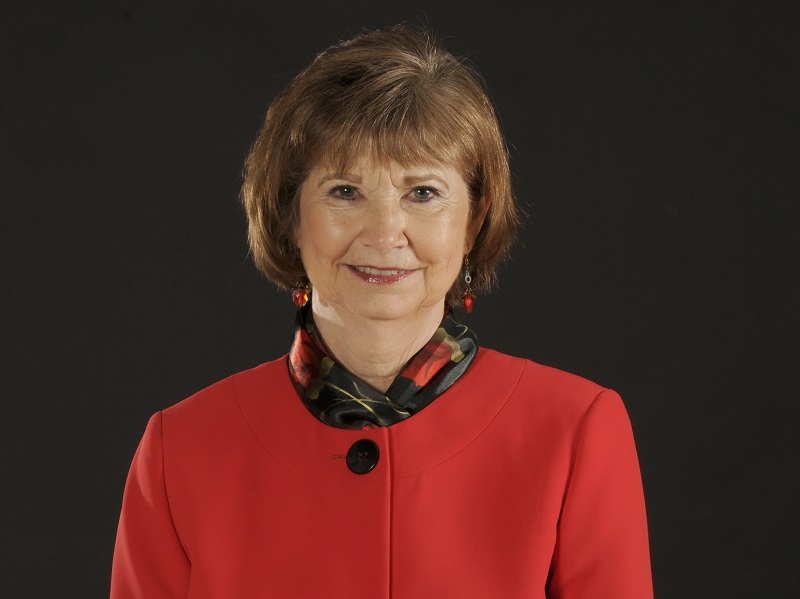A grade school crisis set the path for this pioneer in women's heart health
By American Heart Association News

For Jean McSweeney, the call of volunteerism came early and unexpectedly.
As a grade school student in rural Wooster, Ohio, McSweeney was racing toward a building with a friend when her friend accidentally smashed her arm through a door window.
Blood began to gush, and several students became sick at the sight, but not McSweeney. She calmly and instinctively applied pressure to the wound and slowed the bleeding until help arrived.
"The blood didn't bother me at all," McSweeney said. "I just knew she needed help."
The incident helped inspire McSweeney to become a nurse, a pioneering researcher and a long-time volunteer for the American Heart Association. She's served on dozens of national, local and regional AHA committees since 1976, when she received the AHA Founder's Award for her dedication and service. And next month she'll receive the Healthcare Volunteer of the Year award at a ceremony in Dallas.
"American Heart is an outstanding organization, which is why I volunteer with them so much," said McSweeney, associate dean for research in the College of Nursing at the University of Arkansas for Medical Sciences in Little Rock. "I truly believe in what they do and how they help researchers at every single level."
McSweeney began her career as a critical care nurse specializing in cardiovascular health in Ohio, before moving around the country because of her husband's job in the military.
Between work and raising two sons, McSweeney found time to get a Ph.D. in nursing in 1990 at the University of Texas at Austin, where she became fascinated with cardiovascular risk in women. When she discovered there was no literature on the topic, she decided to research it herself. But she quickly ran into roadblocks trying to get funding.
"People kept telling me, 'You have to add men to your study,' and I said, 'No – we know something about men, but we know nothing about women's symptoms,'" she said.
The AHA was among the first organizations to support her early research on women. McSweeney and her colleagues interviewed hundreds of patients to find out which preventive measures would help decrease cardiovascular risk for women. Results from the study were published in 2003 in Circulation and identified early warning and acute symptoms of heart attack in women.
Since then, she's published extensively and received grants from the National Institutes of Health, the National Institute of Nursing Research and other organizations. But she said it all started with the AHA.
"I've always wanted to pay back American Heart for believing in what I was doing early on," she said. "I've been very fortunate to be able to say our research has changed practice and has helped people's lives, and it was American Heart that helped set me on my path."
Today, she plays an active role in encouraging young colleagues to pursue cardiovascular research. Her main advice to aspiring researchers: Set aside your ego.
"You have to believe in yourself, but you can't do it for you," she said. "If someone comes to me and says, 'I have to get a grant," I say, 'That's not why we do research. The end goal is to improve health care for whatever topic you believe in.'"
Helping patients improve their cardiovascular health has been McSweeney's passion project. She says people are far more likely to change their lifestyle after a heart attack if they are encouraged to take baby steps to reach personal goals.
"It's important to help people pick one behavior to change, and then encourage them. After they get some success and they gain confidence, then they can add a second behavior to change. Trying to modify everything at once is almost an impossible situation."
McSweeney is also an outspoken advocate for making communities more pedestrian-friendly as a way to increase physical activity.
"Walking should be a simple, accessible thing to do, but it's not, due to unsafe neighborhoods and lack of safe walking areas," McSweeney said. "This is not just an individual behavior issue, it's a societal issue, and society as a whole is going to have to tackle it."
If you have questions or comments about this story, please email [email protected].





